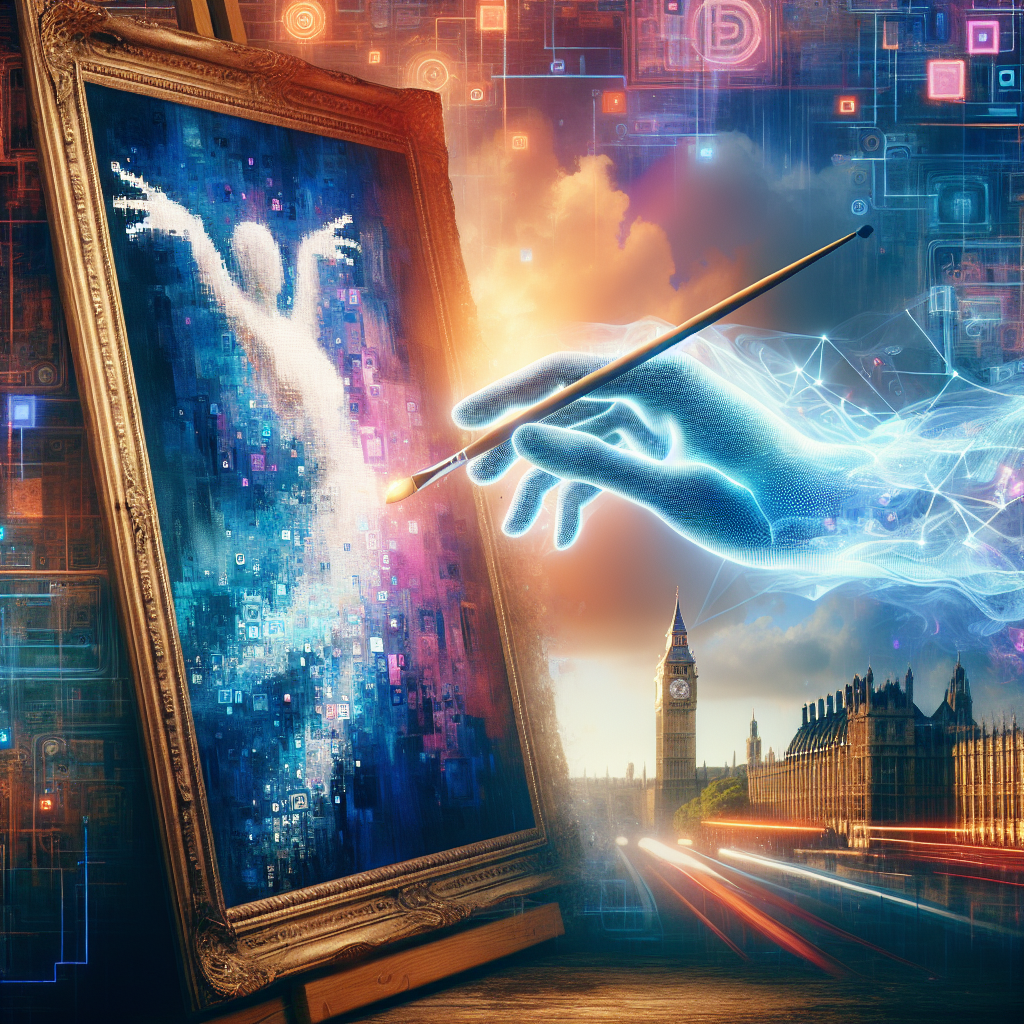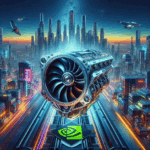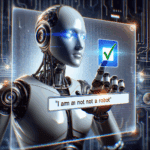What truly defines creation? Is it the stroke of a brush, the flow of words, or the unique spark of a human idea? Now, imagine a machine crafting a masterpiece. It sounds like science fiction, doesn’t it? Yet, this is today’s reality. Moreover, it’s sparking a fascinating debate about AI copyright issues.
The Great British Copyright Question
Britain is currently at the heart of an intense discussion. It’s a real copyright war, pitting human imagination against powerful artificial intelligence. Creators — artists, writers, musicians — are feeling increasingly uneasy. Their worry? AI is generating works that blur the lines of ownership.
The core issue is simple yet profound. Addressing AI copyright issues means asking: When an AI produces a song, a painting, or a story, who owns the copyright? Is it the AI developer? The person who prompted the AI? Or should the original artists, whose work trained the AI, be compensated? Our current laws, however, were written long before these machines existed. Consequently, they don’t quite fit this new world.
Beyond the Code: What’s at Stake?
This isn’t merely about legal technicalities or financial gain. Furthermore, it delves into the very essence of human creativity. Will our unique ability to imagine and express be devalued? For example, if an AI can generate a best-selling novel, what does that mean for human authors? What about the personal struggles and triumphs that shape a human artist’s work?
In addition, there’s a significant ethical dimension. AI models learn by processing vast amounts of existing art and data. Therefore, many argue that the original human creators whose work fueled this learning should have some claim. It raises questions about fair use, compensation, and the future of creative professions.
A Personal Spark of Creativity
I remember sketching as a child. Each line, each colour choice, felt deeply personal. It was my unique vision coming to life. That connection, that intention, felt like the very soul of the art. It’s hard to imagine that same feeling when an algorithm is involved. A human touch, a unique perspective, provides a warmth that machines cannot replicate. Moreover, this human element is what makes art resonate so deeply.
The challenge ahead is immense. We must find a way to balance technological progress with the protection of human ingenuity. New regulations are crucial. Furthermore, we need a global conversation about what creativity truly means in an AI-driven world.
Your Thoughts?
This isn’t a problem with easy answers. What do you think about AI-generated art? Should it be copyrighted? How can we ensure human creators are protected as technology advances? Share your perspective in the comments below!
Dive deeper into this fascinating discussion and check out the full story here: Britain’s AI Copyright War: Imagination vs. Machines



